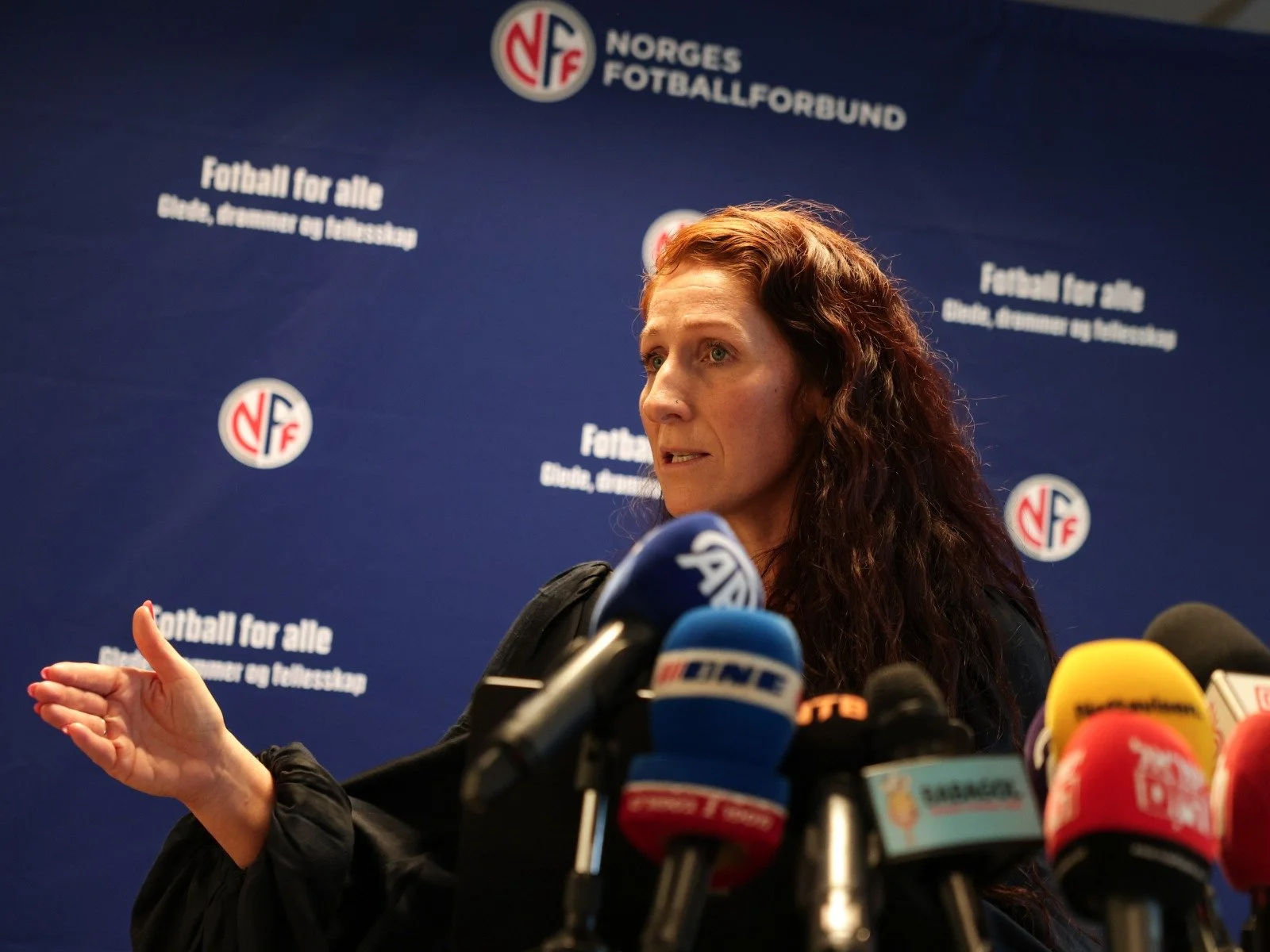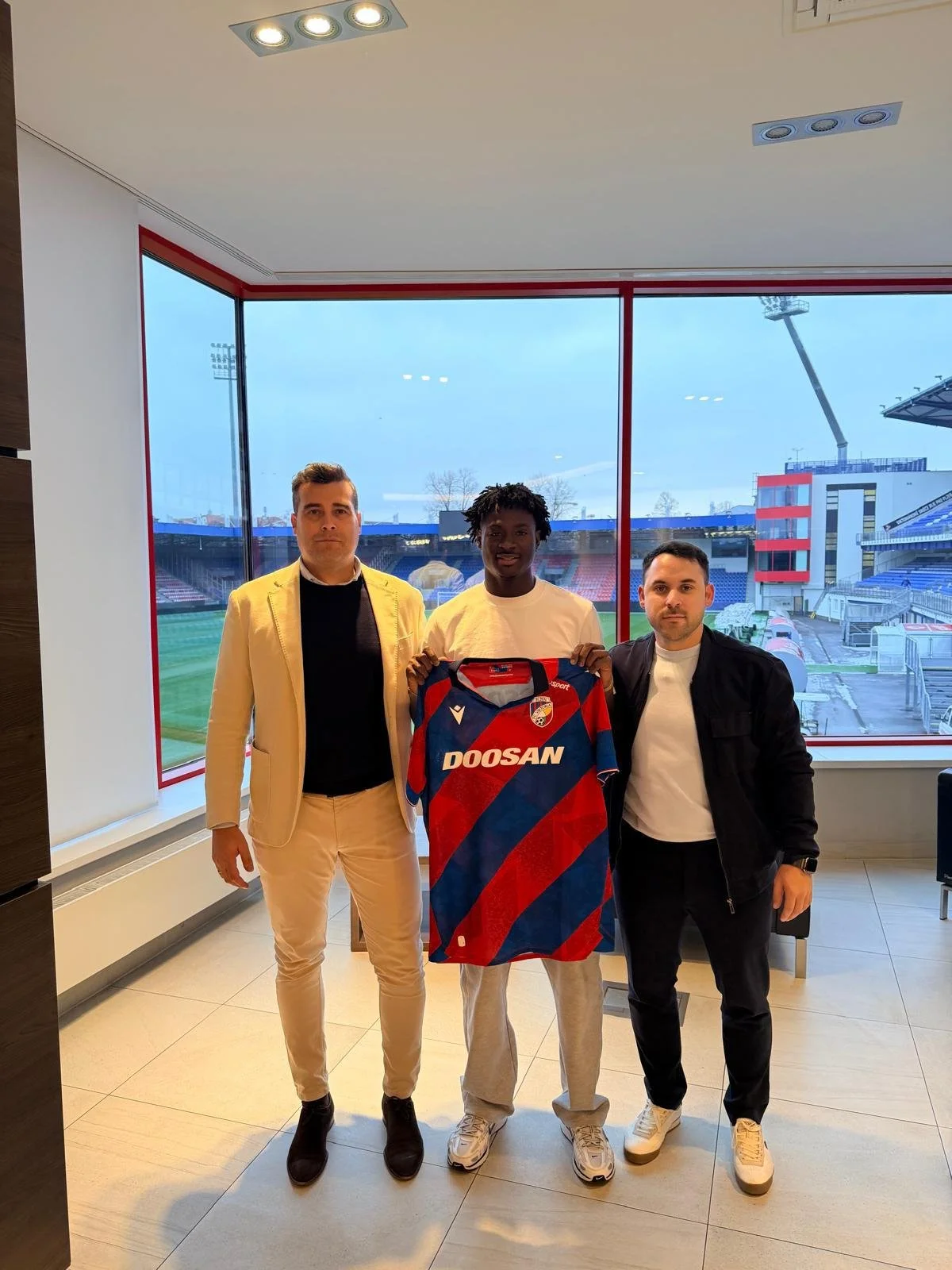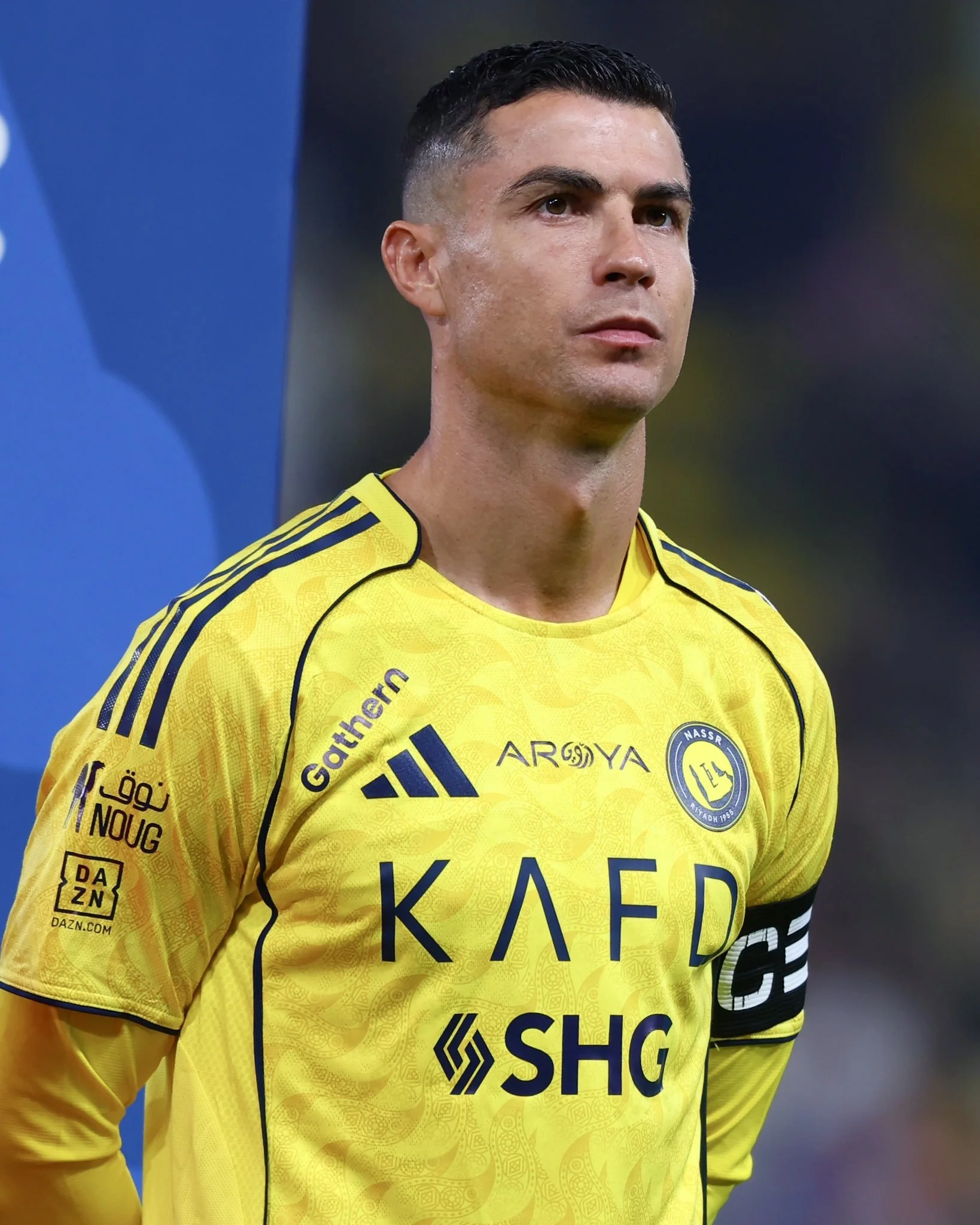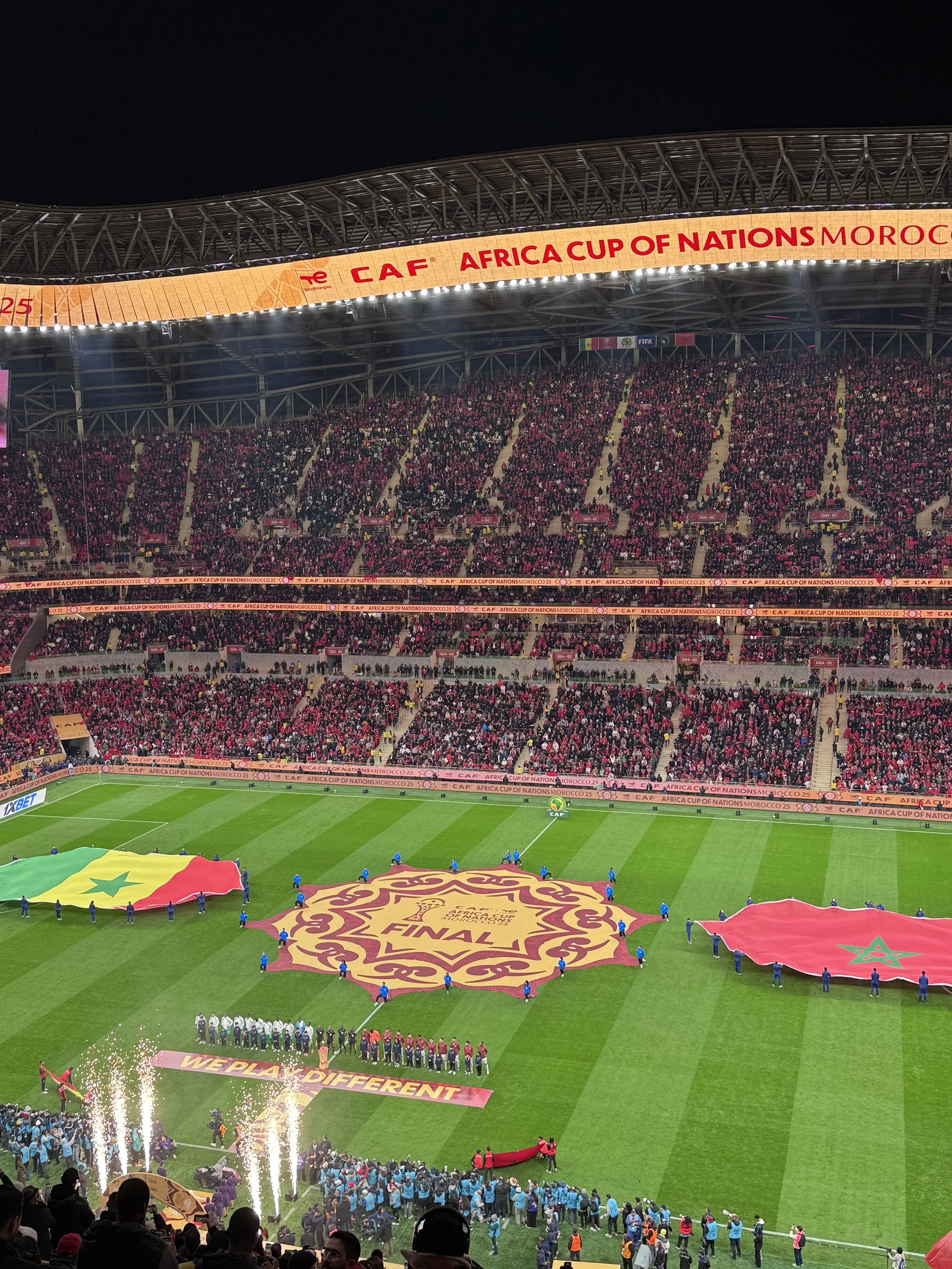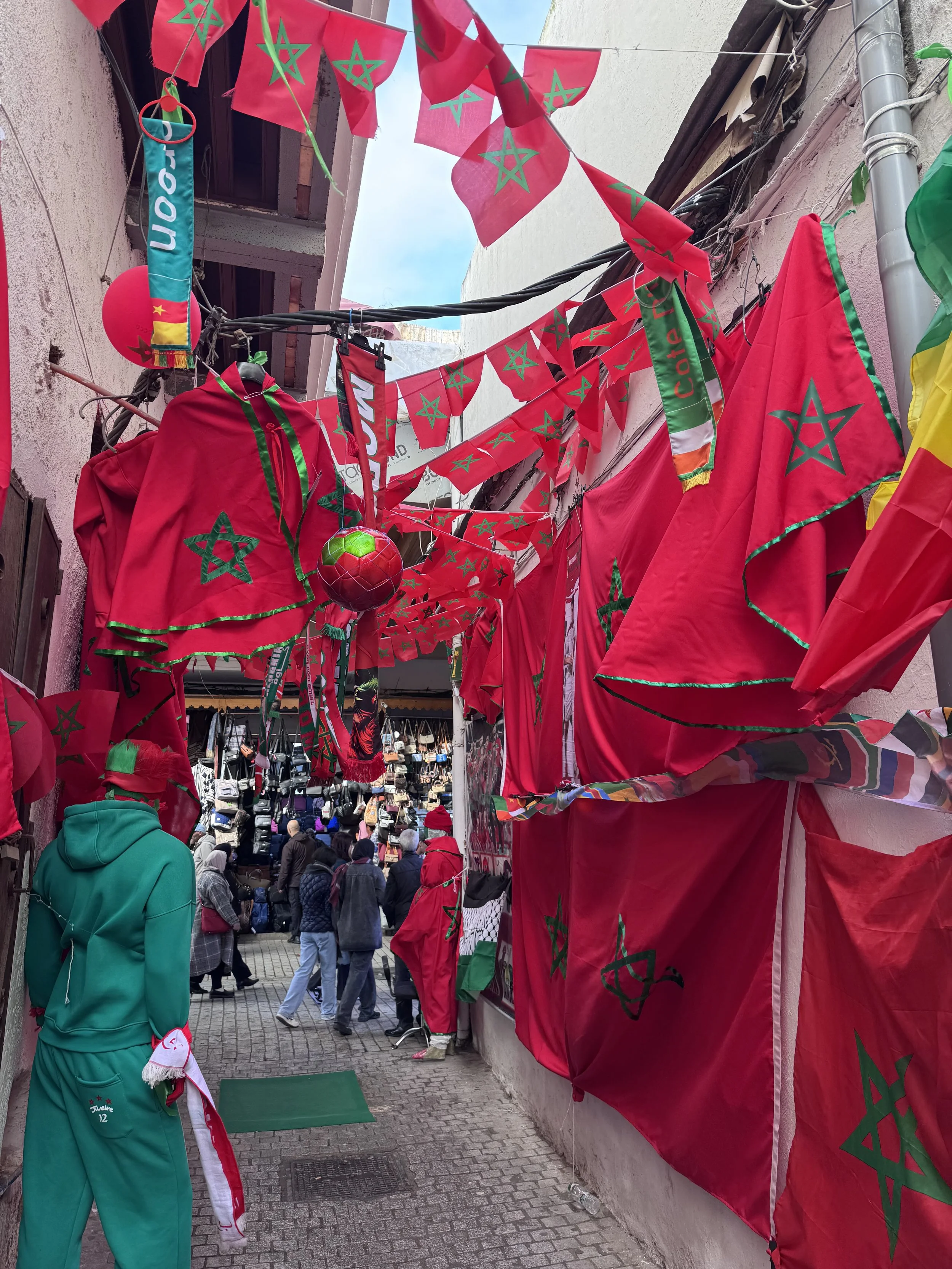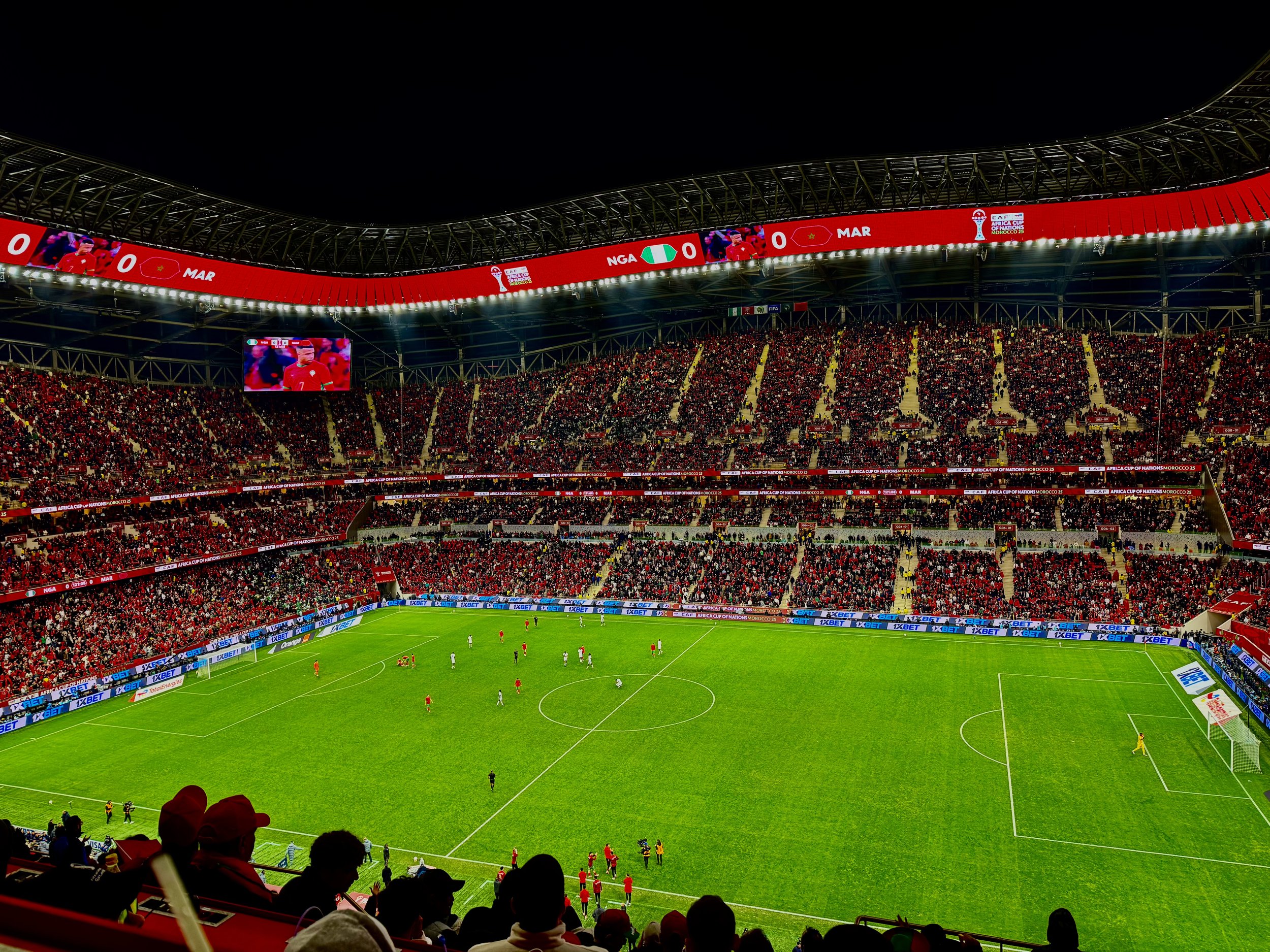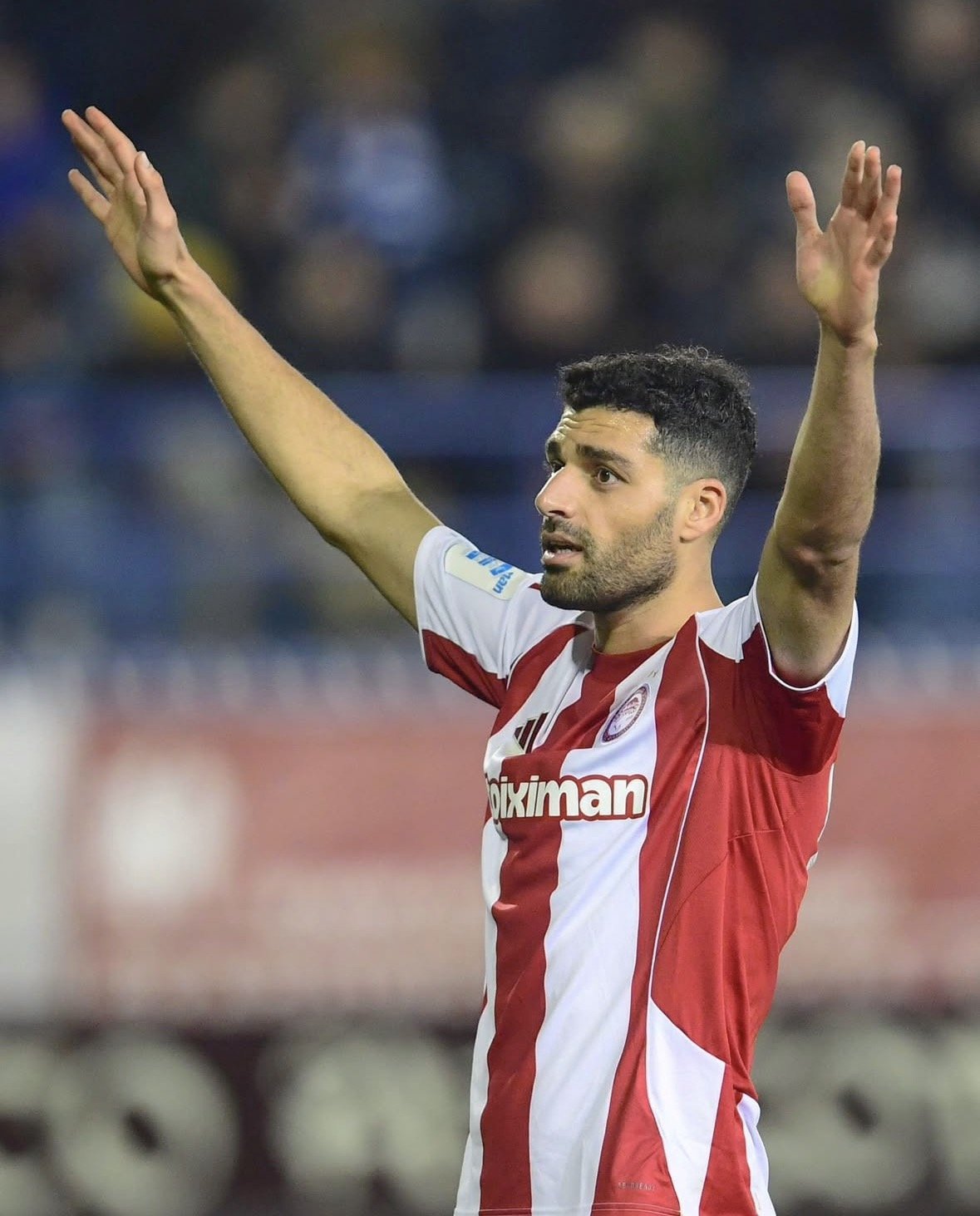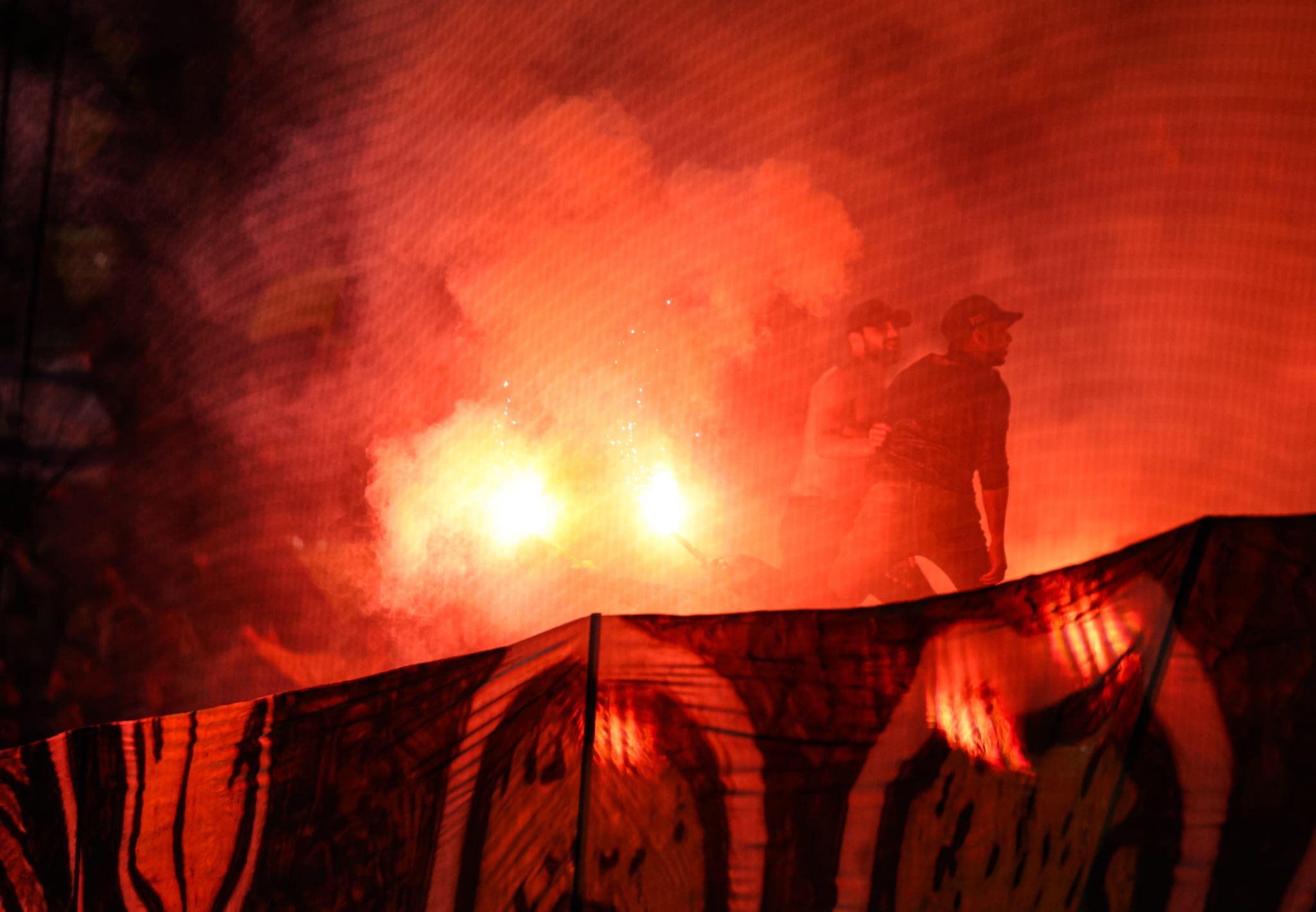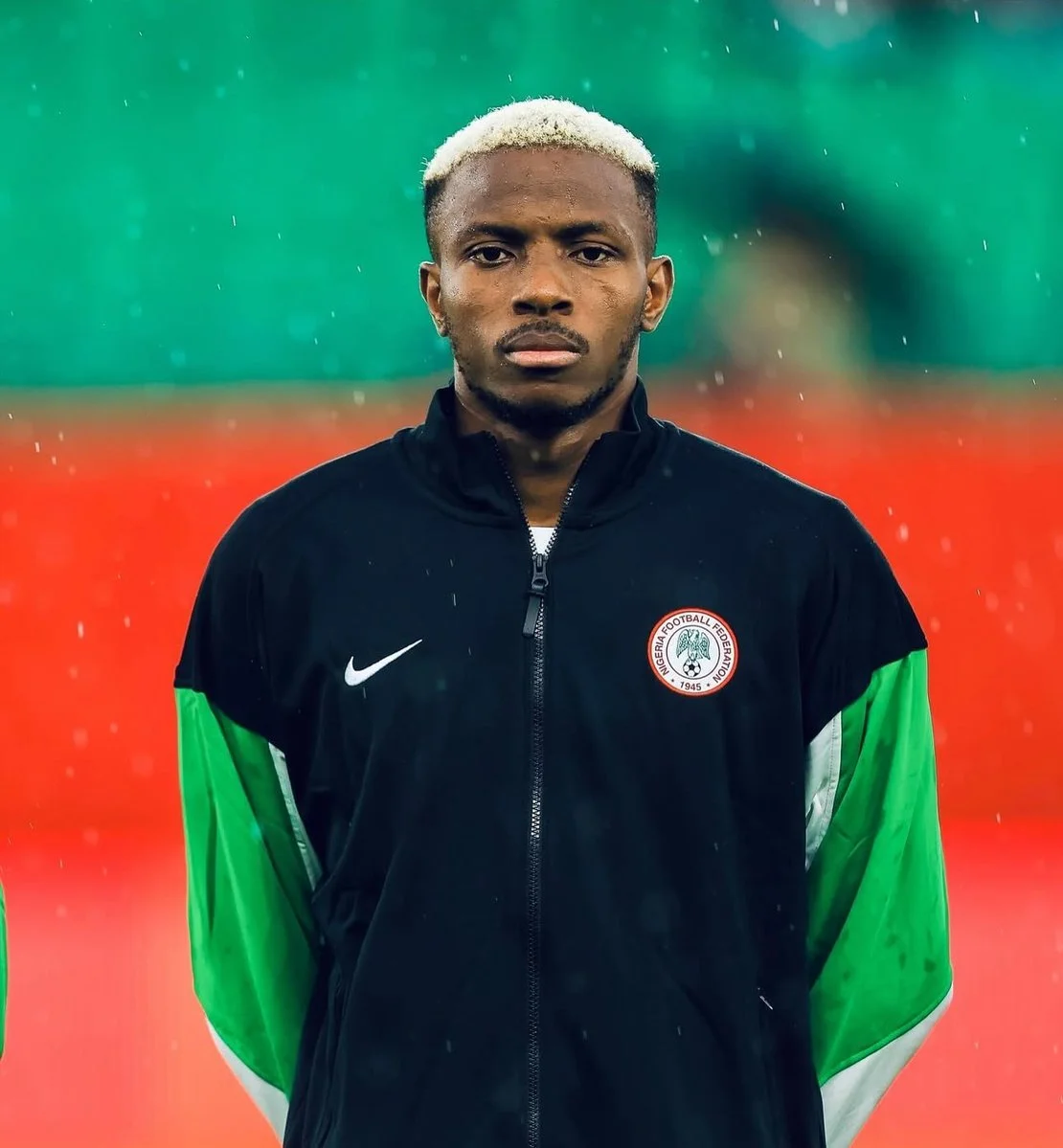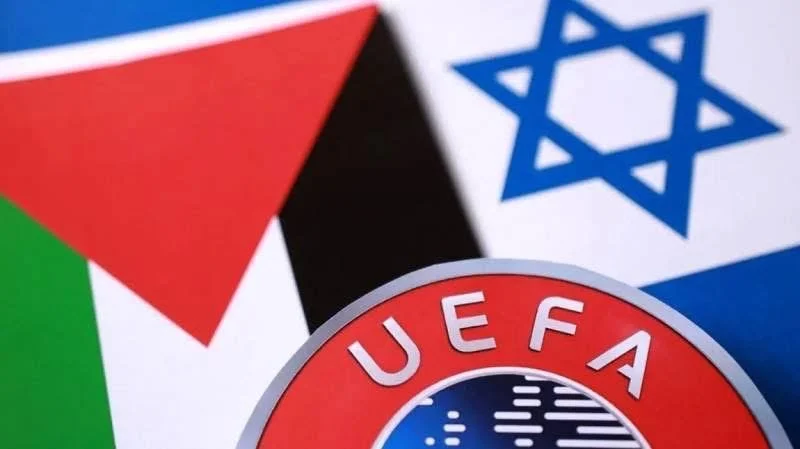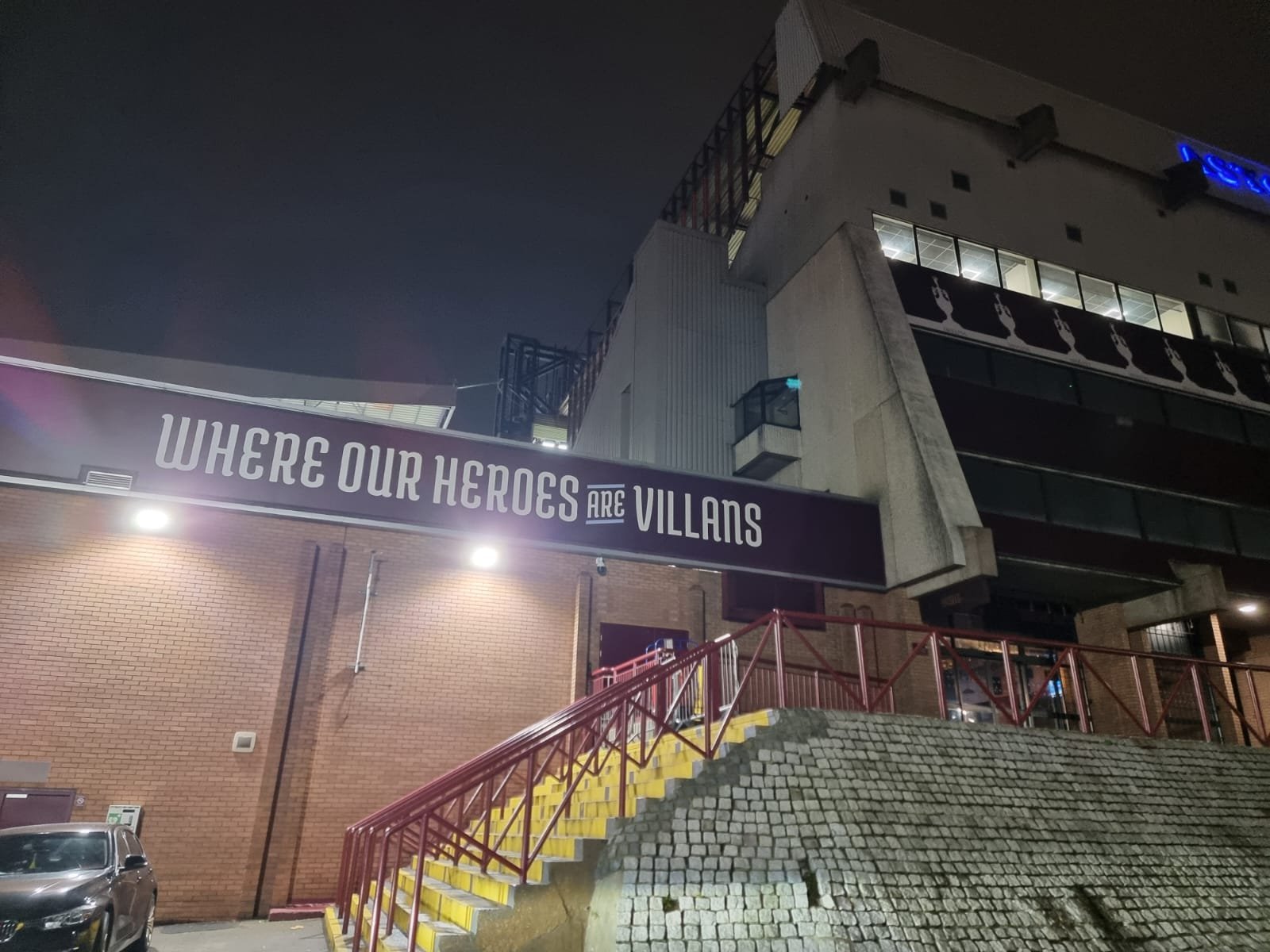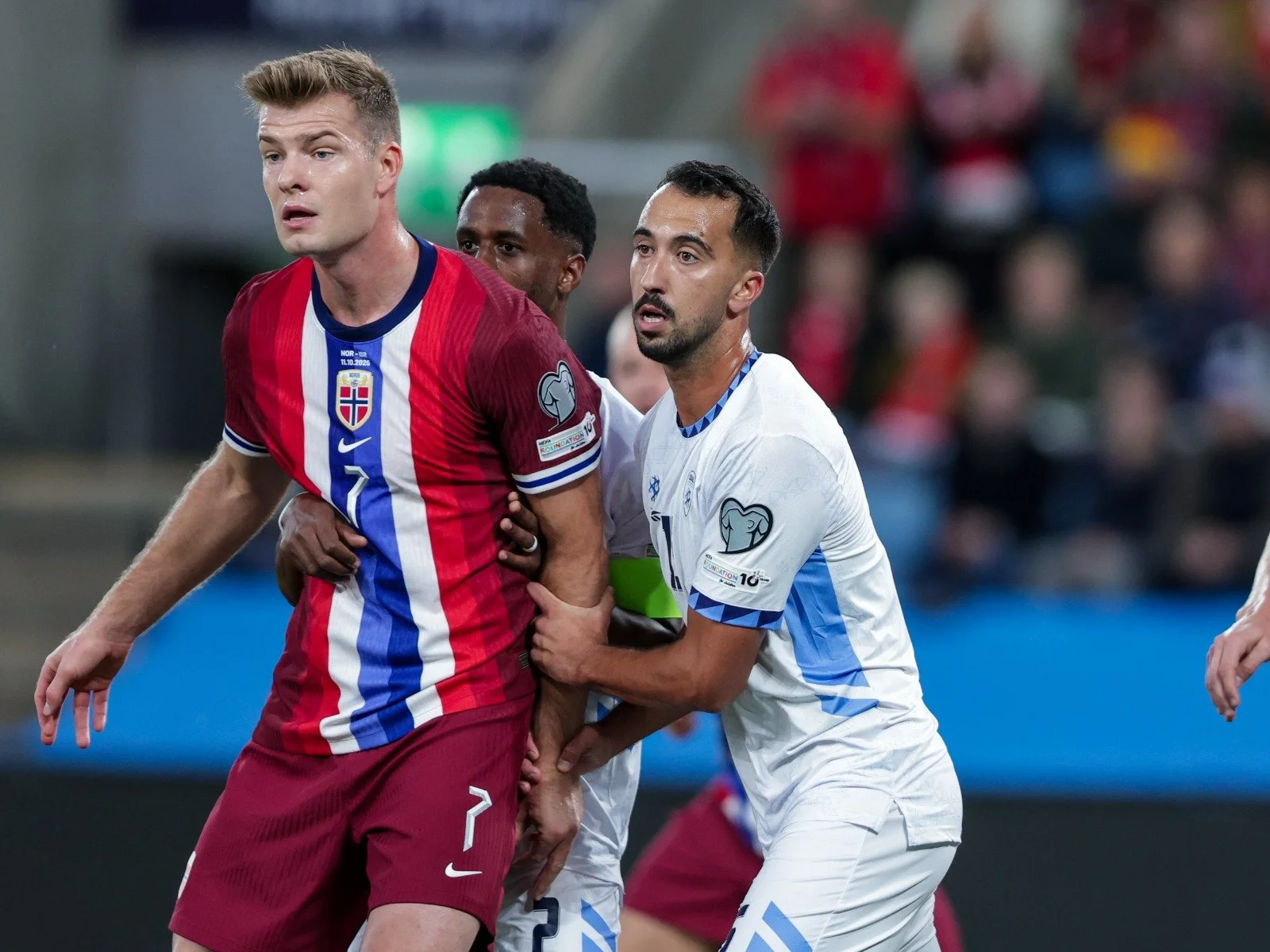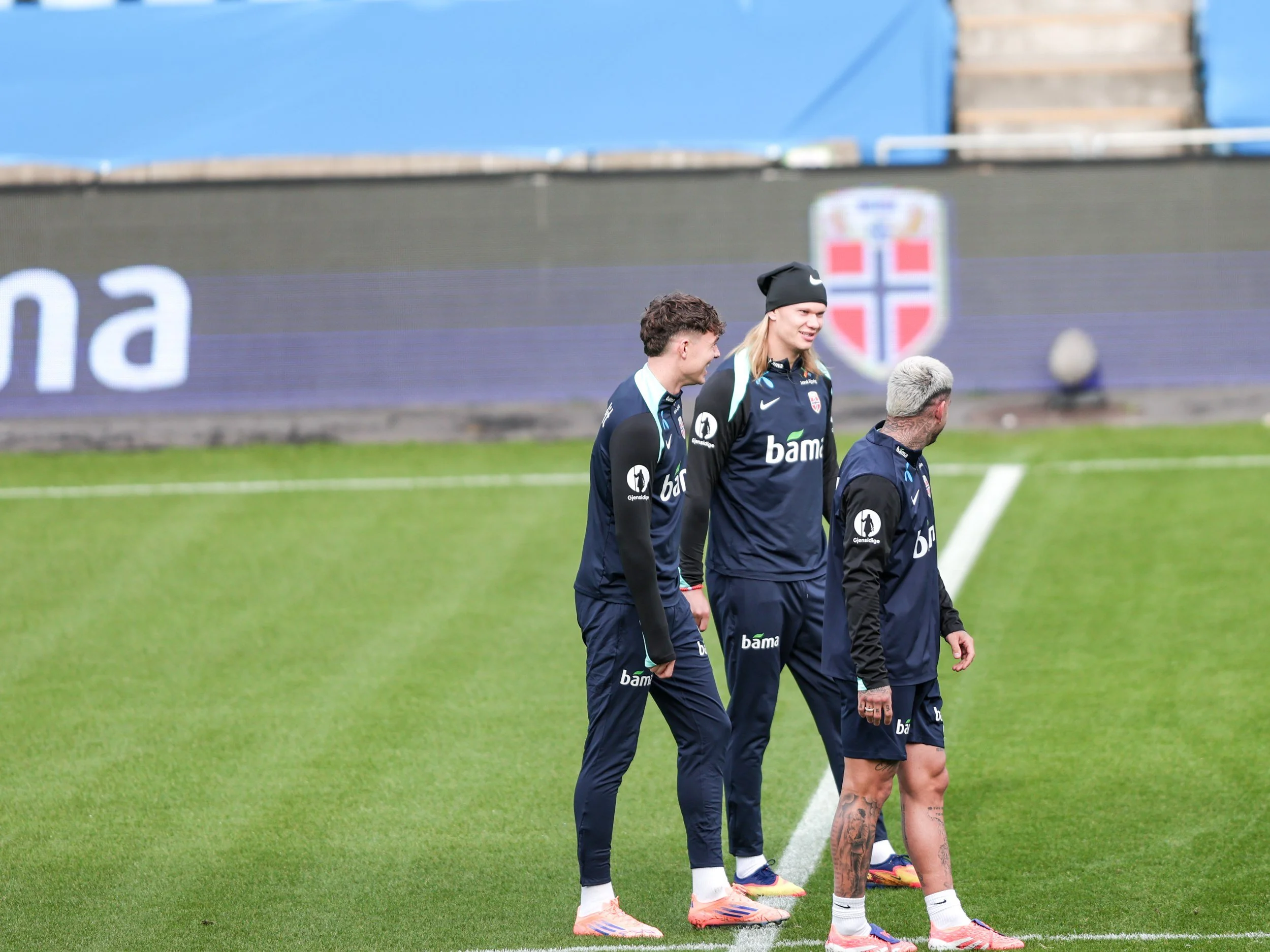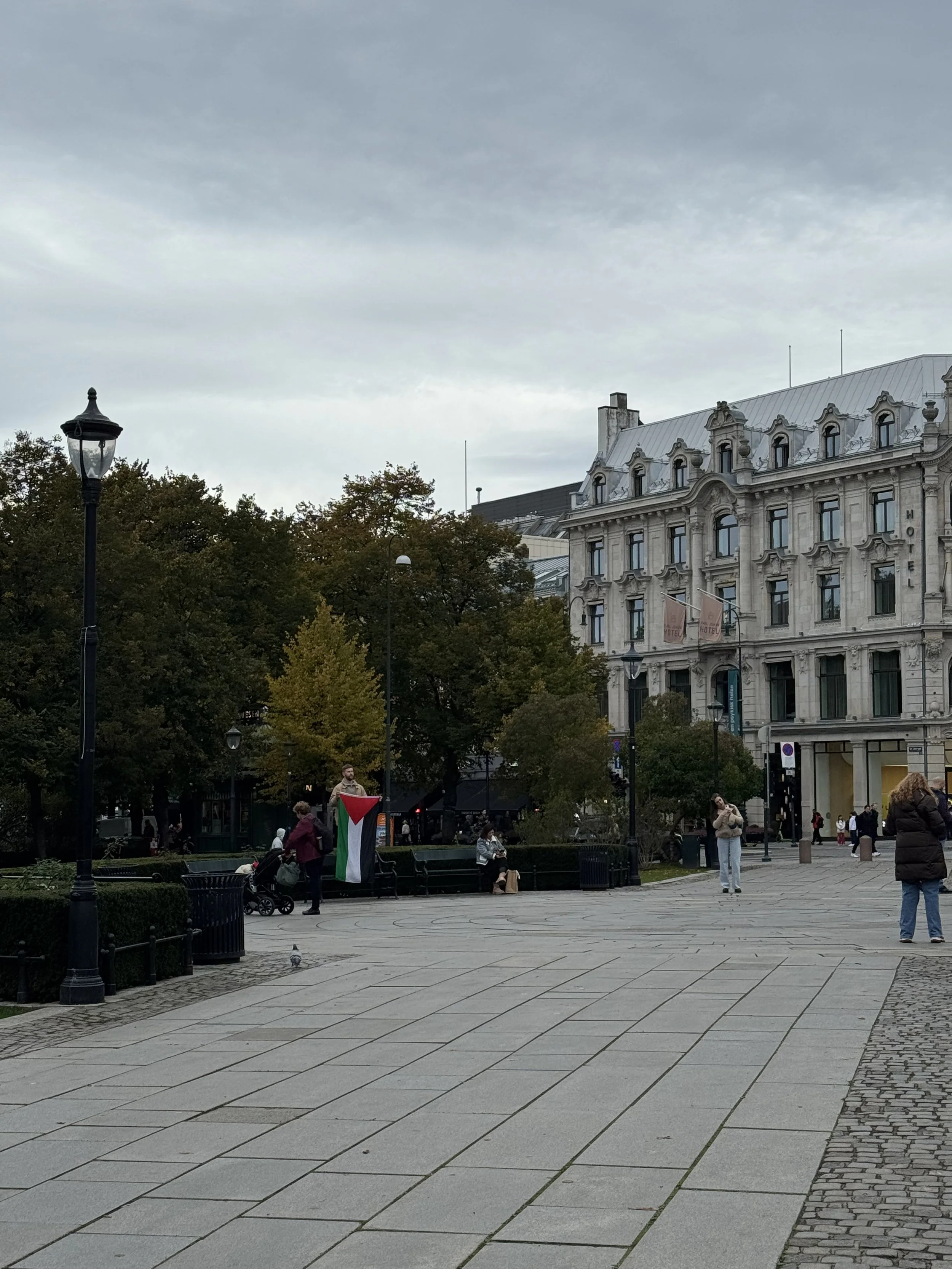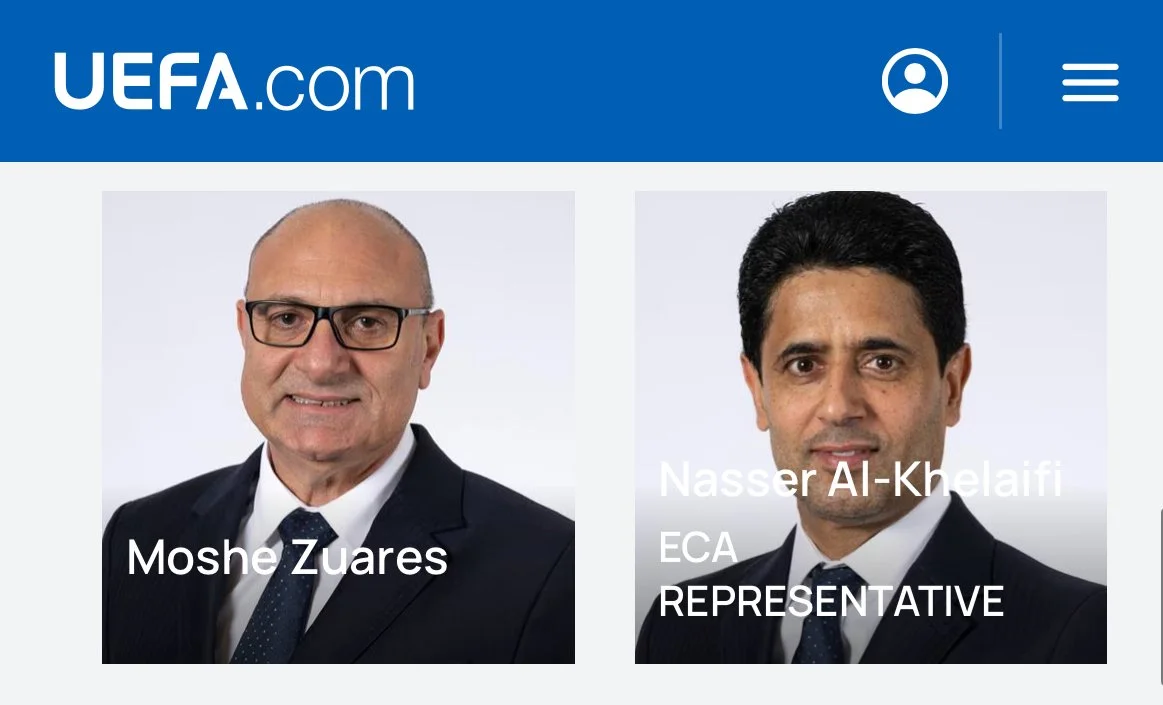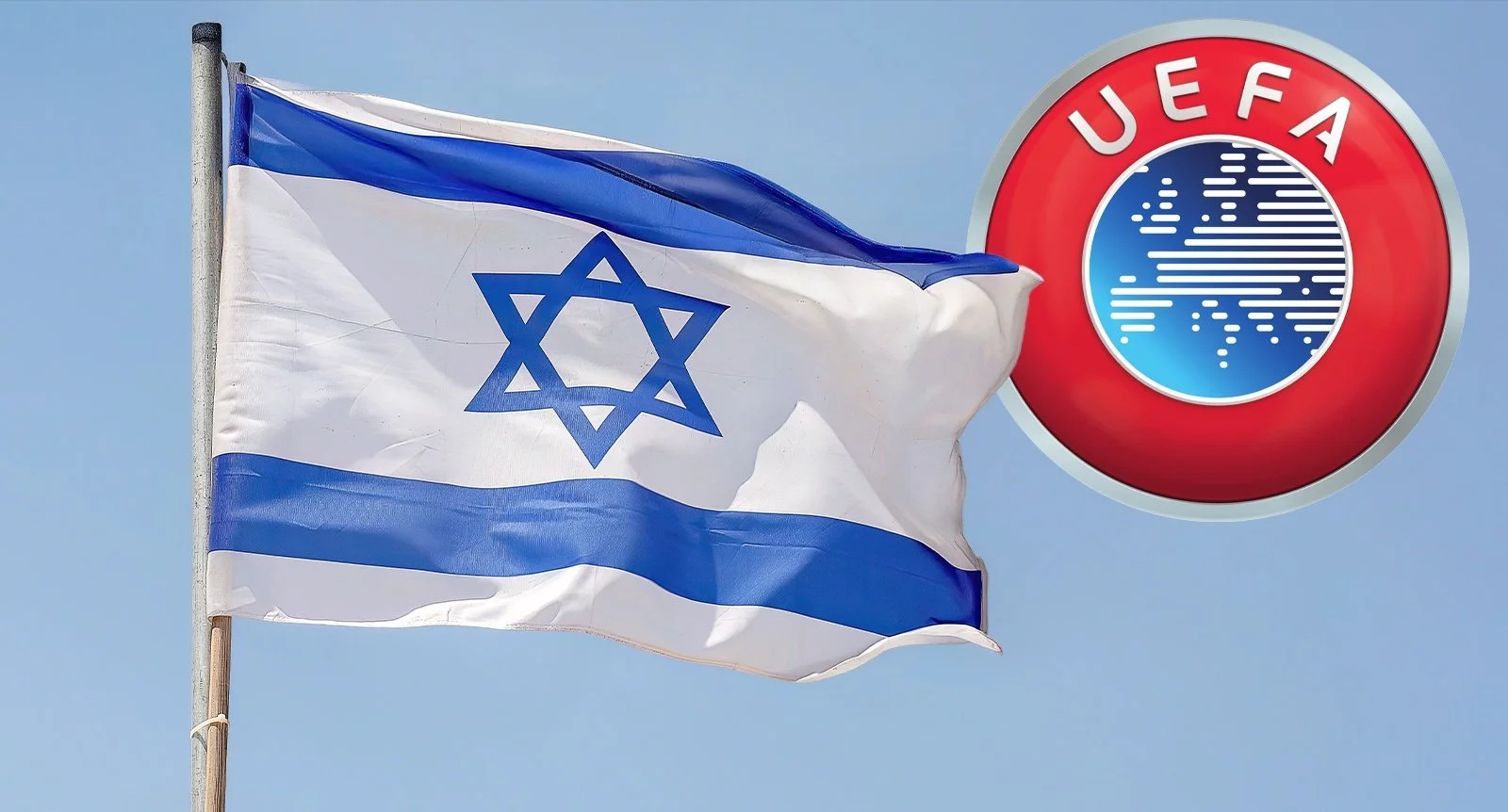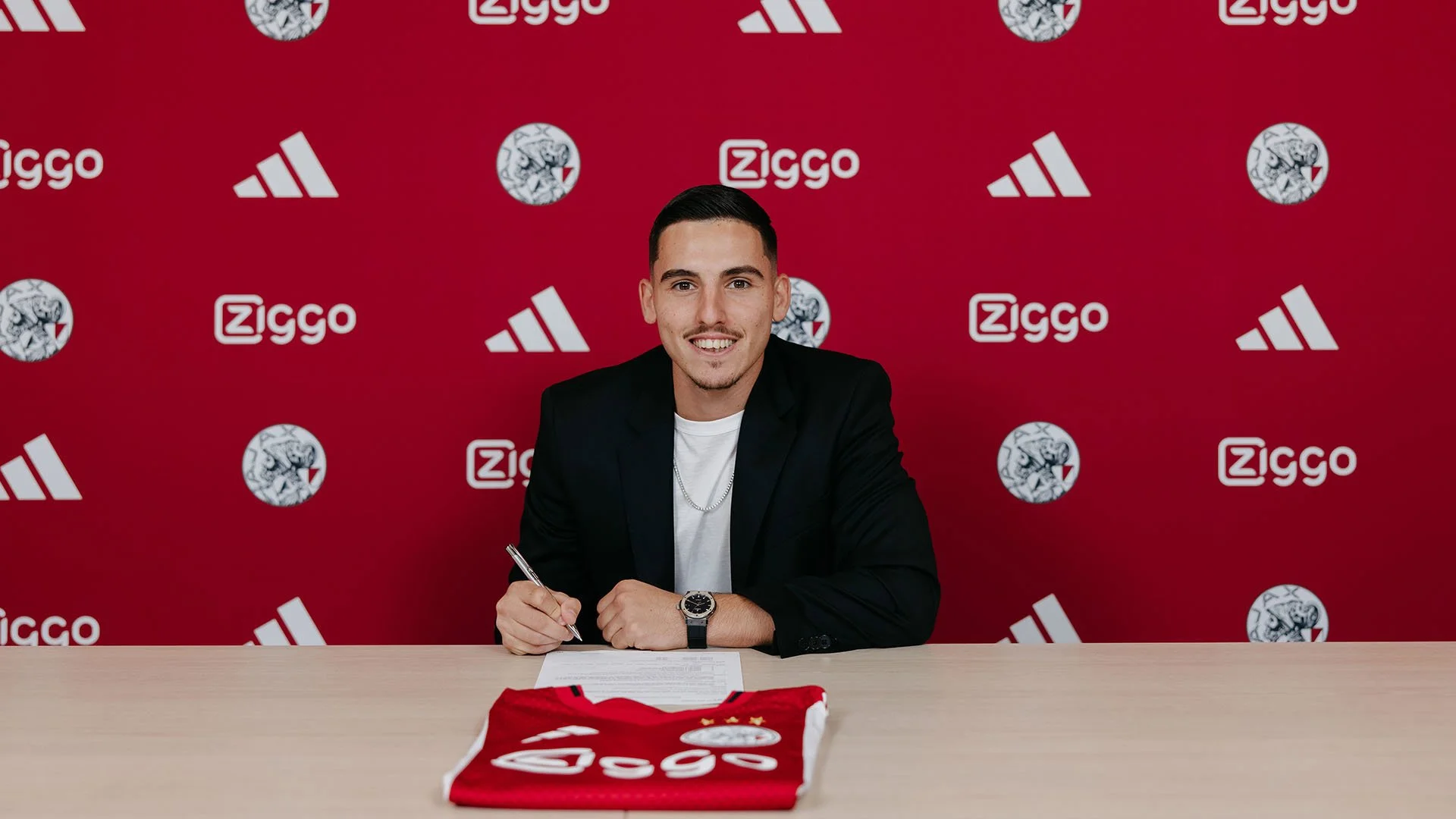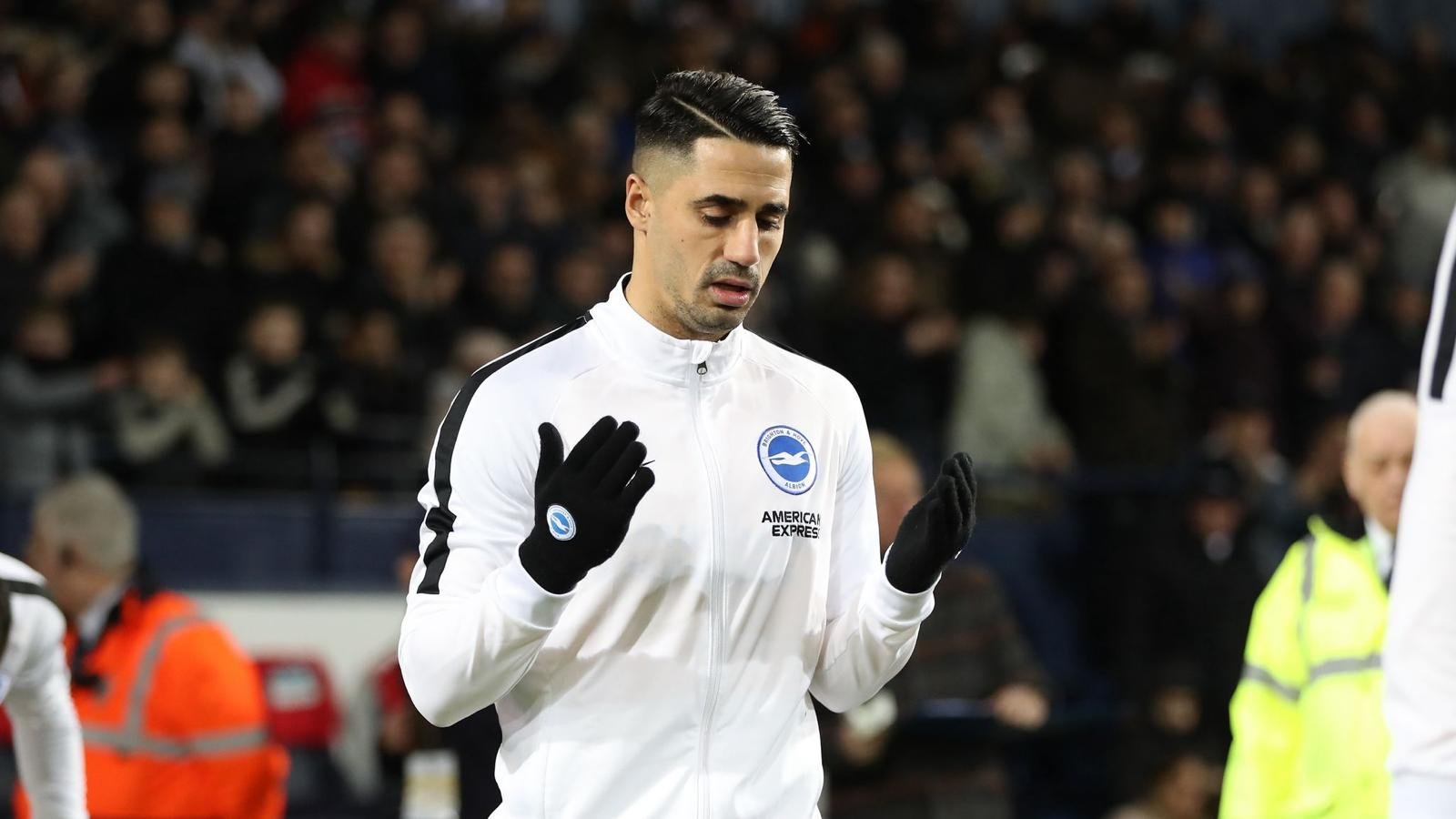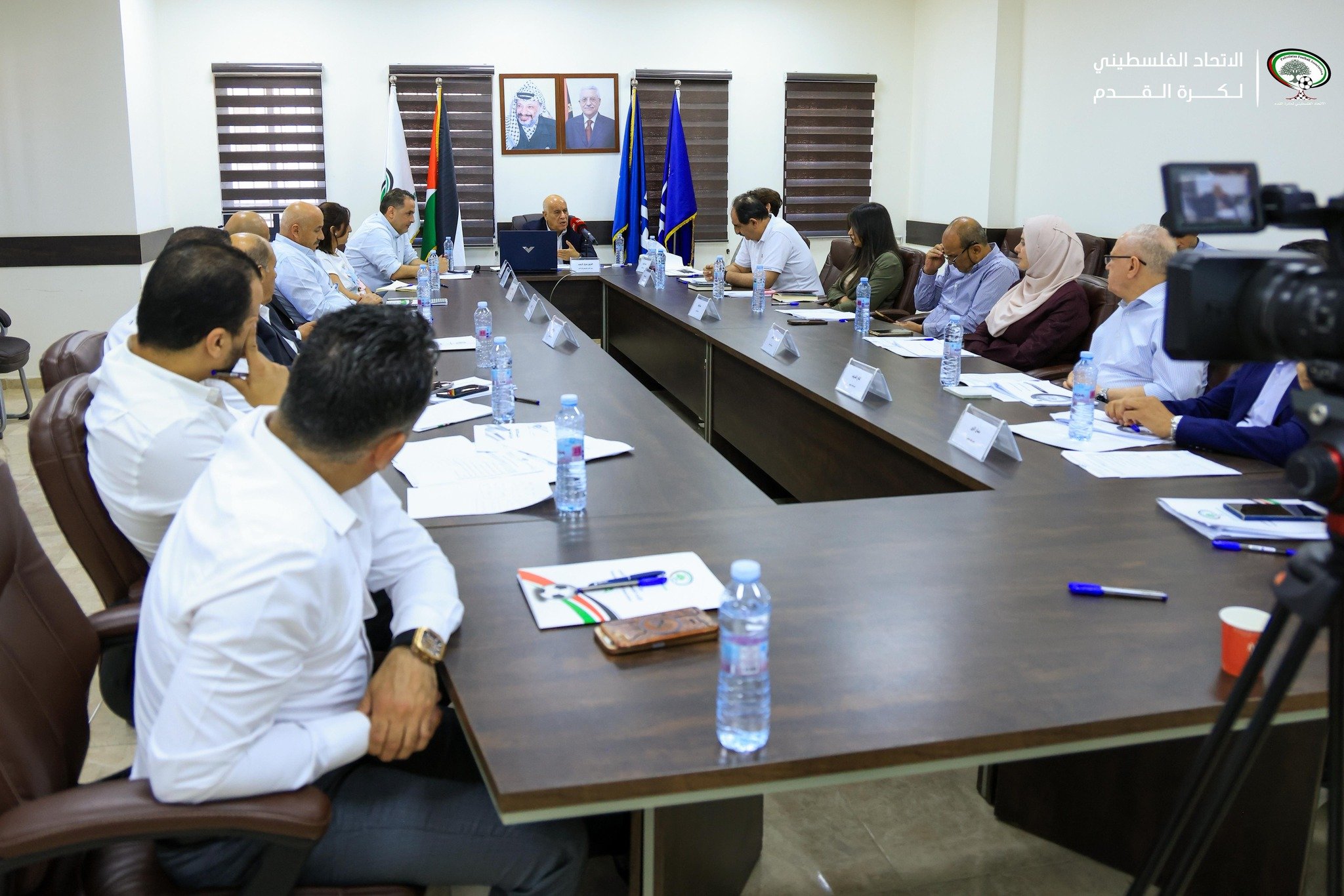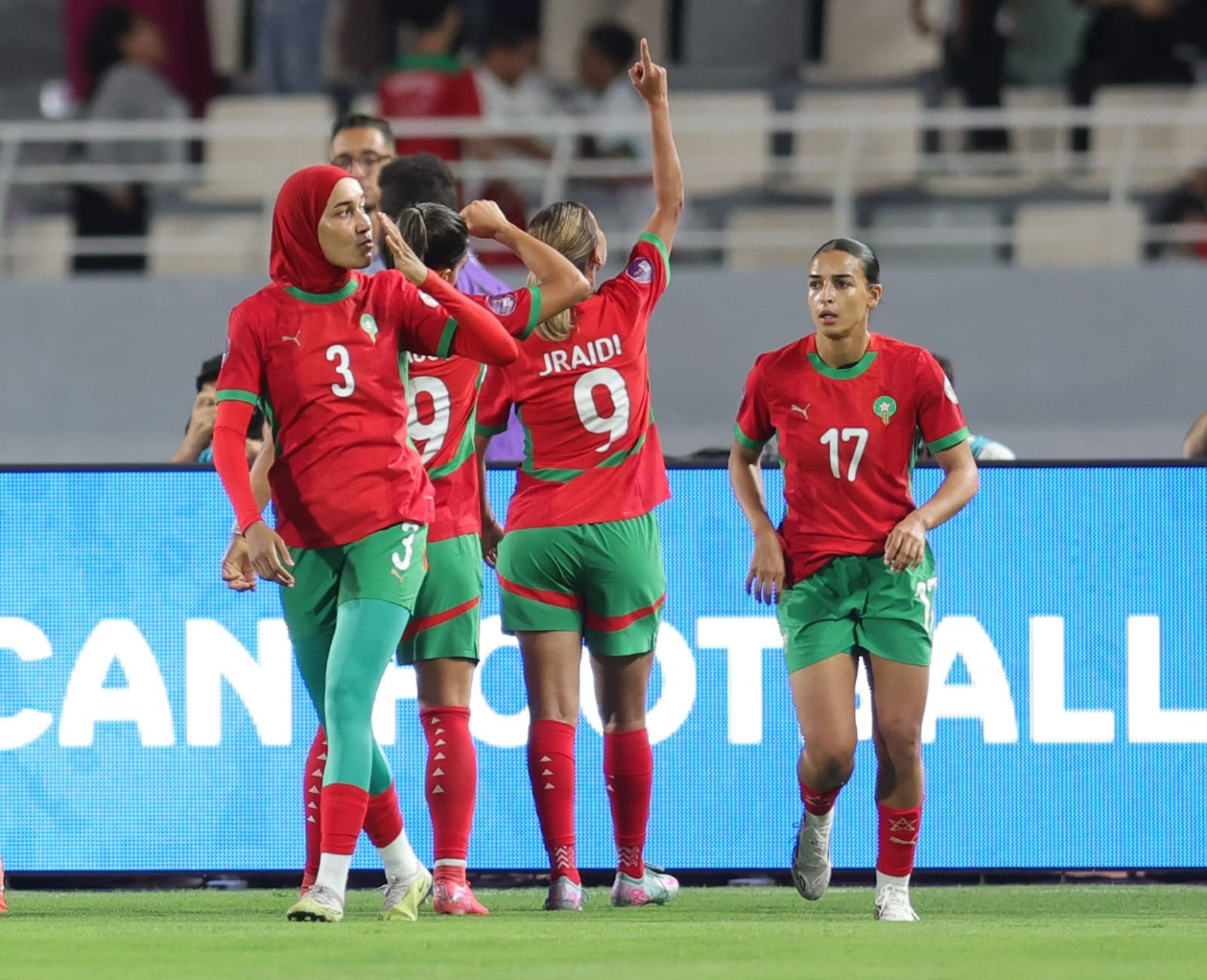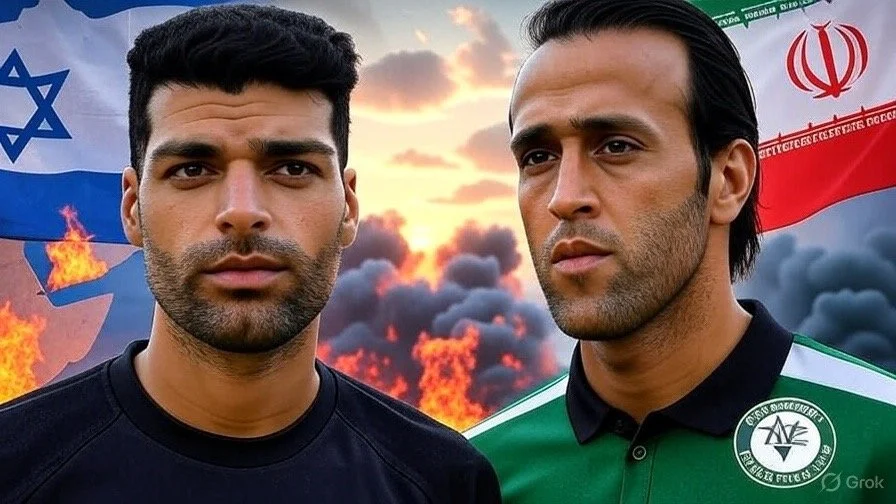"This generation is different," said Guy Luzon, Israel's U21 national team coach, speaking to the media after their game against Georgia.
"They are brave, they are believers, these are the children of the revolution.”
History had been made in Tbilisi. On Saturday night, the Israeli U21 national team qualified for the European Championship semi-finals in Georgia, after a 4-3 penalty shoot out victory against the hosts, setting up a game against England in the final four.
Another piece of history was made a day later, as England’s victory over Portugal in the quarter-finals guaranteed Israel a place in the Olympics, their first since Montreal 1976.
"The Olympic dream has been achieved," said Luzon, "I watched all the medalist's videos and had tears in my eyes. Imagine if this team wins a medal.”
A European championship semi-final and a place in the Paris 2024 Olympics is a massive achievement for Israeli football - a peak moment in a rare and historical era for this country's football, a period that some may define as revolutionary.
Israel U21 national team celebrating after the quarter-finals against Georgia (Asi Kipper)
Children of the revolution
During the past year, Israel's youth teams have been enjoying arguably their best era ever.
Last summer, in Slovakia, the U19 team reached their Euros final against England, and lost after extra time.
They had led the game and played fantastic in the first half, with football that attracted compliments across Europe, but it was seen and framed as a one-hit-wonder rather than the beginning of a process.
But it was, and it was just starting to warm up.
Their performance in this competition guaranteed Israel a spot at the U20 World Cup.
The tournament was initially supposed to take place in Indonesia, but they refused to host the Israeli team due to political pressure on the local federation, and FIFA assigned the hosting rights to Argentina instead.
The Israeli team would go on to shock the world by finishing in third place, eliminating Japan, Asian champions Uzbekistan, and South American champions Brazil — a truly miraculous journey.
Suddenly, Israel had become an interesting story. Not just the football itself, but the diversity of players' backgrounds highlighted a lesser-known side of Israel and its football.
Two of the team's biggest stars were an Arab and a Bedouin Muslim.
Anan Khalialy and Hamza Shibli, two Maccabi Haifa prospects, have set the tournament on fire with goals and assists and became fan favourites back home.
The two starred alongside Maccabi Tel Aviv's Dor Turgeman and Roy Revivo, as well as Hapoel Tel Aviv’s Stav Lemkin.
Israel's social diversity had a strong representation within the squad, which helped the whole country get behind this team.
Peretz saves the day, Gloukh shines, and Luzon has a glow up
Although five players from that U20 team joined up with the U21 side, a tough group stage draw - alongside Germany, England and Czechia - was intimidating, and the fact that Guy Luzon is the team’s coach made the public doubt their ability to perform.
Until not long ago, Luzon was one of the most despised characters in Israeli football. His uncle, Avi, was the president of the football association for many years, and the whole family, the Luzons, controls Maccabi Petah Tikva.
Guy Luzon has worked for a few of the country's greatest clubs, as well as Belgian side Standard Liege, and Charlton from the English Championship.
He has also coached the U21 side before, when Israel hosted the Euros in 2013, and aside from a symbolic victory against England in the group stage, he failed to leave an impression on the team.
Luzon was more famous for his quotes, and approach towards the media. He was a provocative character that attracted more antagonism than affirmation.
But in this tournament, he has changed on and off the pitch.
Luzon has changed the way he speaks to fans, the media and players. He is more honest, easy-going and open. Football-speaking, he has become more creative and flexible.
In the first game against Germany, the then-defending European champions, Israel earned a tremendous 1-1 draw.
That was mainly thanks to their highly talented goalkeeper, Daniel Peretz, who heroically stopped two penalties, and Red Bull Salzburg’s Oscar Gloukh, Israel's biggest prodigy who assisted Dor Turgeman for an early lead - but also it was also thanks to Luzon.
The coach had managed to pull off a strong tactical display despite being left with ten players after Eden Kartsev was sent off.
Israel left the match celebrating a rare point, lost to England in their second game, but beat Czechia in their final group stage match.
Gloukh found Omri Gandelman in the 82nd minute, who got the dramatic and historic winner - for the first time, the Israel U21’s had made it to the knockout stages of a European championship, and they had done it with style in a tough group.
Again, the football world was asking, what the hell is happening with Israeli football, and why now?
Oscar Gloukh, Israel’s leading prospect in the U-21 national team (Asi Kipper)
Youth-oriented approach
Israeli football is experiencing massive generational change.
It's not that Israel hasn’t produced talented footballers before - Eyal Berkovich, Haim Revivo and Yossi Benayoun are familiar names for European football fans from the 90s and 00s - but these super talents couldn't change the general mindset of Israeli football.
For years, it experienced chaotic mood swings.
After being kicked out of Asian football in the seventies due to a political boycott, and travelling from confederation to confederation to try and find a home, Israeli football developed an underdog mentality that relied on occasional results and successes, and wasn't based on grassroots work or a professional football plan.
Every small victory created the impression that Israel was improving and could reach the Euros or the World Cup finals.
Every loss was a national disaster, and the country's favourite sporting stars were hopeless.
This is why the change taking place now is essential.
One of the reasons is the massive groundwork done by the Dutchman Jelle Goes in the youth setup of the Israeli Football Association.
Goes has managed to build a durable scouting system for national talents, and implement it successfully so that every youngster that has the potential to become a national team player is monitored, and looked after, from a very young age and enjoys special.
A ‘home’, of sorts, was built in Mikhmoret, a quiet town on Israel's Mediterranean beach, to help with this process.
Boni Ginzburg, formerly a goalkeeper for Rangers and the national team, is managing the youth teams system and, so far, doing a good job implementing the same attitude across the age groups.
Secondly, Israeli football has made significant progress after competing in UEFA tournaments for almost 30 years.
Playing against the best improves you; hiring European coaches, like Andy Herzog and Willy Ruttensteiner, opens the door for new ideas and different approaches.
And it’s really helped that generation after generation of players set an example, creating a real DNA and characteristic change in Israeli football.
They are young, playing fearless football regardless of their opponent, without that feeling of inferiority that has been associated with Israeli football for more than three decades.
As teenagers who grew up with social media from an early age, their self-esteem and self-perception are different.
Thanks to the internet, they can learn and get quality information faster than before, creating a solid foundation - players that are talented with the ball, but also good passers that can read the game, guard their position while remaining flexible between defence and attack.
Finally there is also a lot of luck in this story.
Succeeding in football in Israel takes work. Politics and security situations always influence the background, and the eternal tension between the different groups in society does not help.
But in a way Israeli football is almost an island.
While the Arab society amounts to a fifth of the population of Israel, in football, they are around a third.
A third of the Israeli players are Arab, and a third of the listed Israeli clubs come from Arab towns.
It creates a rare combination of players that is now performing in the youth national teams.
But at the same time, things can go wrong at any minute if politics gets in the way.
Players like Khalaily or Hapoel Tel Aviv's talented winger Hisham Layous - an Arab Christian - face intense pressure when choosing to represent Israel.
Israel’s youth teams are writing history, and they are undoubtedly producing some of the country's greatest-ever footballing achievements.
The only question is whether this momentum can carry on to the senior national team, when these age group teams graduate and become the dominant group.
On Wednesday evening, in the Adjarabet Arena, Israel will meet England again in the U21 Euros semi-final.
Thousands of fans, Jews and Arabs alike, have taken flights to support the young players in the biggest moment for Israeli football since their World Cup finals appearance in 1970.
After the past year, they have a strong communal belief that, in football, anything is possible, regardless of who they play against.
With the country's most talented generation in years on the pitch, with a fresh new attitude of courage, and playing with an open heart, the young Israelis want to continue to make history and make it to the final.
It won't be easy, but no one would have believed they could have become Europe's U19s runners-up, or the third-best side at the U20 World Cup.
No one, except this generation of players and the staff that works with them.
Edited by Alex Smith
All photos by Asi Kipper and the Israeli Football Association







